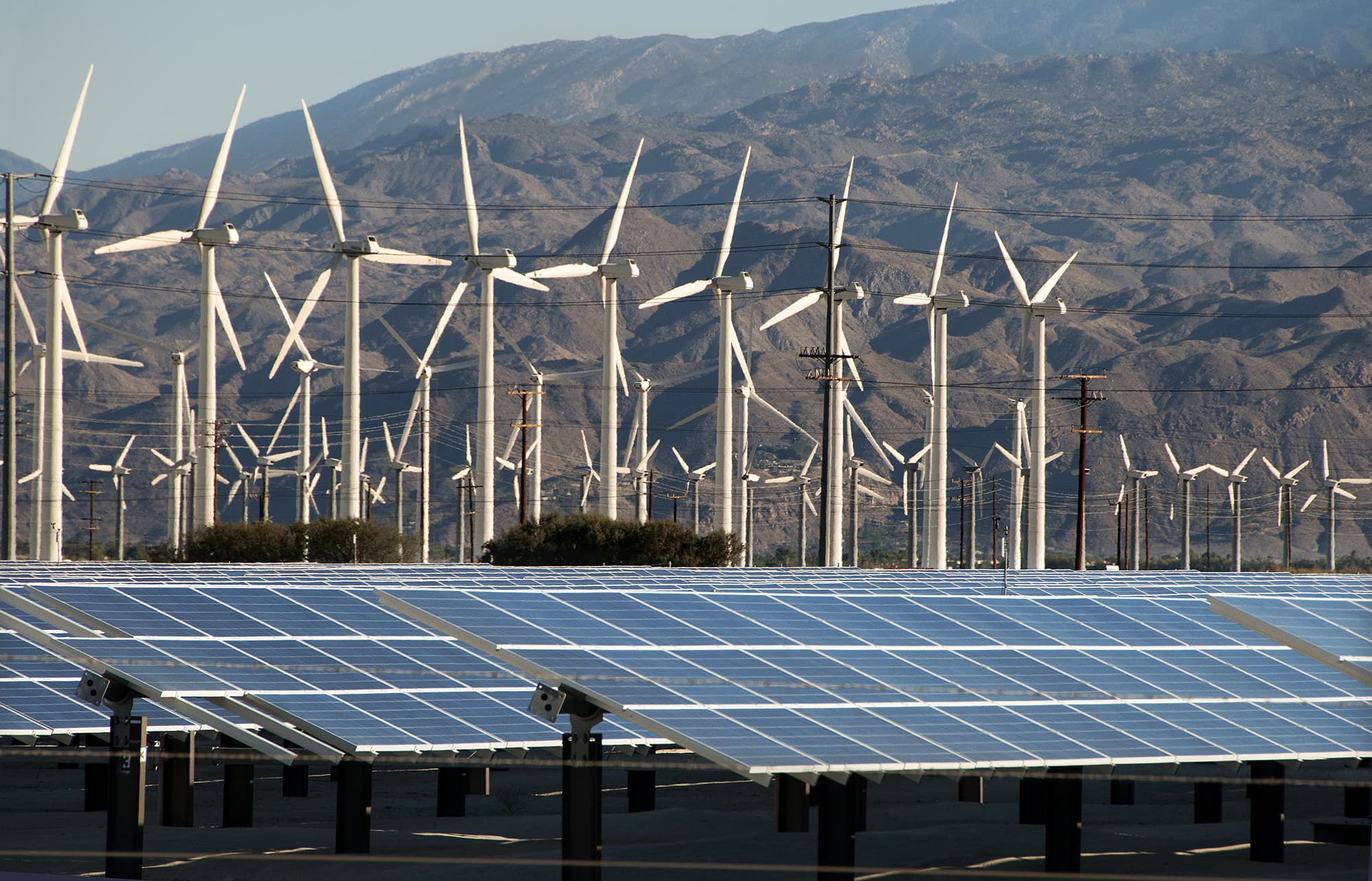
Climate change and low-carbon solutions are impacting investors’ portfolios.
Mitch Diamond | Getty Images
LONDON — A lack of clarity on what should be classified as a climate-friendly investment has been one of the biggest obstacles stopping money flowing into that area. But the EU is keen to change that.
Investors have complained that it is hard to select which companies are acting responsibly on the climate front, because there hasn’t been a common set of standards to analyze the key information needed.
However, the European Commission, the executive arm of the EU, announced Wednesday a new set of rules that aim to clarify what can be classed as a green investment and what can’t be. This regulation is expected to make it easier for investors to put their money in projects that will contribute to the sustainability of the planet.
The classification, known as taxonomy, will now be discussed with member states and European lawmakers before becoming law. It is part of the EU’s wider efforts to become the first continent in the world to be carbon neutral by 2050.
“We are taking a leap forward with the first-ever climate taxonomy which will help companies and investors to know whether their investments and activities are really green. This will be essential if we are to mobilize private investment in sustainable activities and make Europe climate-neutral by 2050,” European Commission Executive Vice President Valdis Dombrovskis said in a statement.
To achieve its carbon neutrality goal, the commission has suggested member states need to cut their emissions by at least 55% by 2030, compared to 1990 levels. And there will be regular checks on the efforts being made at the national level.
“Significant investments are required to green our economy. We need all companies to play their part, both those already advanced in greening their activities and those who need to do more to achieve sustainability,” Mairead McGuinness, the commissioner responsible for financial services, said in a statement.
What is green?
The new classification considers an economic activity as climate friendly if it contributes to one out of two possible objectives: it is reducing or preventing the adverse impact of climate change on itself, on people, nature or assets; or whether it is contributing to the reduction of greenhouse gas emissions.
The new document, which the commission says is based on science-based criteria, is just a first step and is expected to be updated over time.
“These criteria create common ground for businesses and investors, allowing them to communicate about green activities credibly and help them to navigate the transition to sustainability,” the commission said in the document.
It added that the new criteria covers the economic activities of roughly 40% of EU-domiciled listed companies, in sectors which are responsible for almost 80% of direct greenhouse gas emissions in Europe.
However, this does not include nuclear power activity nor gas, at least for now.
The commission is waiting for some more information before it decides whether or not nuclear, a divisive topic, will feature in the taxonomy. But ultimately this is subject to some political pressure from member states that have high investments in nuclear, such as France.




